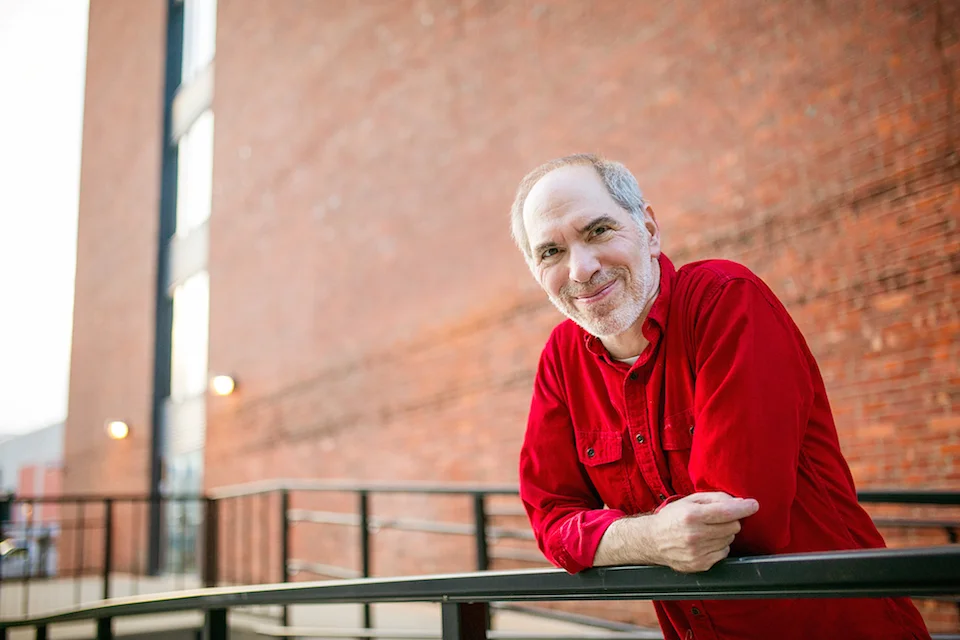Michael Gielen, In Memoriam
/Orchestras are like people; they need different things at different times in their lives. When Michael Gielen became Music Director of the Cincinnati Symphony Orchestra in 1980, the orchestra had just suffered through the illnesses and deaths of its popular Music Director, Thomas Schippers, and of his interim successor, Walter Susskind. Many felt that, through no fault of its own, the orchestra had lost some of its technical edge. Though his tenure was a brief six years, Michael’s strong, consistent artistic leadership restored the CSO’s luster and musical discipline.
His appointment was controversial. Many bristled at his demanding programs, which were meant to challenge and enlighten rather than merely entertain. Those who attended one of his CSO concerts expecting to relax and have pretty sounds wash over them were bound to be disappointed; those willing to be exposed to worthwhile music they had never heard, and to discover new things about the music they already knew, usually left exhilarated.
Michael’s music making was informed by his enormous intelligence and unassailable musical integrity. Compromise did not come easily to him when his artistic imperatives were at stake; this was sometimes misinterpreted as coldness, stubbornness or, worse, disdain for the audience. Yet, to spend only a couple of minutes with him was to encounter a warm, funny, inquisitive man, one whose business-like manner on the podium belied the passionate musician underneath.
Cincinnati Music Hall
After he left Cincinnati, I tried to meet up with Michael whenever he conducted in the US, including his 1995 return to the CSO, part of its centennial celebration. I heard most of his concerts with the Chicago Symphony Orchestra, a memorable Mahler Seventh with the Los Angeles Philharmonic, and a beautifully understated, elegant performance of Cosi fan tutte at San Francisco Opera in 2004, his last American engagement.
Even as transatlantic travel became increasingly difficult for him, his career in Europe flourished. I heard superb rehearsals and performances of Lulu in Salzburg and also some of his last concerts before his retirement, in Berlin in 2012. Most revealing was watching him rehearse and record with the Southwest German Radio Orchestra in Baden-Baden. Freed from the commercial pressures that bedevil American orchestras, he transformed an already good orchestra into an excellent one, leaving behind a rich catalog of recordings that easily hold their own with those of more renowned ensembles.
Michael’s influence on my own conducting is incalculable. I was only thirty-two when I started as Assistant Conductor of the CSO, a near-beginner trying to master a craft that takes decades to even begin to understand. I had never spent so much time around a conductor who dug so deeply below the surface of the music; who saw its intricacies in a way that only a composer can; who never stopped asking “why?” As a mentor and friend, he reinforced every one of my good instincts and disabused me of the rest. For that, and for so much more, danke ich dir von ganzem Herzen, lieber Michael.
March 2019

